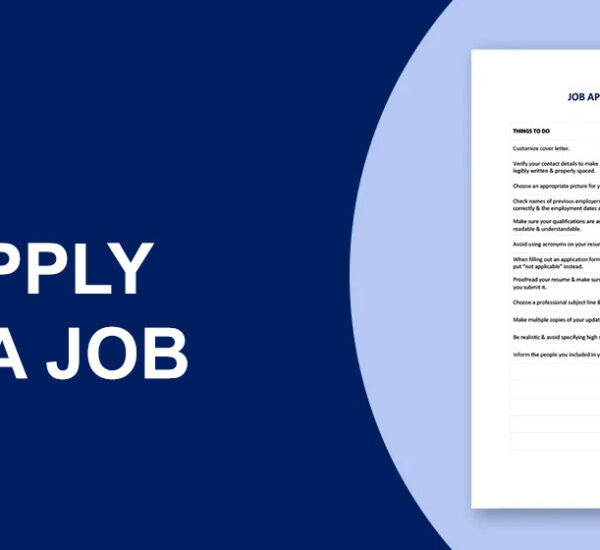If it’s time to start your search for a bachelor’s degree but you’re not sure what you’d like to study, read on. The United States and Canada are home to some of the most academically recognized colleges and universities in the world.
The display of academic excellence from these institutions, combined with the vibrant student life they offer, makes it easy to see why they are two of the most popular study-abroad destinations for international students.
Here, we’ll explore some of the key factors to consider when choosing a bachelor’s degree in the US and Canada to help you make the most informed decision.
Career Prospects
When choosing a bachelor’s degree in the United States and Canada, it is essential to look for a program that will help you enter a specific career after graduation.
Be sure to align your interests with your future goals and prepare yourself to succeed in a field where careers are in demand. Questions to ask yourself to identify a career that appeals to you include:
What would be my level of job satisfaction in this role?
What is career progression like in this area?
What is the salary and earning potential of this career?
Will I have a high level of job security in this role?
Will this career put me in a good position to retire in the future?
Answering these questions can help you narrow down your list of career options. Depending on the career you choose to pursue after graduation, you can narrow your search for programs accordingly.
If you need support in making this decision, you can rely on your school’s career counselors. You can also reach out to someone you or your family know who works in your field of interest to hear firsthand what it’s like to work at your dream job.
Course Duration
Bachelor’s programs in Canada and the US generally require three to four years of full-time study to complete.
The first two years of your degree typically include commonly required courses such as history, math, literature, science, and communications. This helps students to develop a broad understanding of different areas, as well as improve their research and communication skills.
After completing these introductory courses, some students may reconsider their program of study and change their established major. Changing your program can affect the time it takes to complete your degree, often adding an additional year of study.
The length of the course can become a major cost factor for students. The longer an international student’s program is, the more they will have to spend on tuition, rent, and living expenses.
This makes accelerated degrees an attractive option if you want to minimize costs. Not all universities in Canada and the US offer their students the opportunity to earn an accelerated bachelor’s degree, but many do.
If you’re open to an accelerated academic schedule and excited to jump-start your career as quickly as possible, consider earning a bachelor’s degree from a school that will help you accelerate your studies.
Work experience
If gaining work experience while studying is a priority, be sure to select a bachelor’s degree that provides you with hands-on experience in your field of study.
Students considering pursuing a bachelor’s degree in the US must choose a degree that qualifies for Curriculum Practical Training (CPT) or Optional Practical Training (OPT).
International students can attend CPT while their studies are ongoing. Students typically earn one-course credit while gaining off-campus work experience in their field, typically completed through an internship or practicum.
Alternatively, international students can complete OPT during their studies or after completing the program. OPT offers the opportunity to work anywhere in the US, as long as it is in a position directly related to your field of study.
At all levels of study, students will be eligible for an additional 12 months of practical training. Because CPT and OPT are benefits of F-1 status, most degree programs offer these types of hands-on training opportunities to their students.
Many Canadian educational institutions offer students the opportunity to gain practical experience through an internship, cooperative placement, or work experience. While these three terms are often used interchangeably, there are subtle differences.
However, each offers students the opportunity to apply what they have learned in the classroom to practical work experiences.
International students can also apply to the Canada Graduate Work Permit Program (PGWPP), which allows qualified applicants to work and live in Canada for up to three years.
The United States and Canada are currently open to international students, and most academic institutions are now accepting applications for January, May, and September.
Due to COVID-19, there has been a large influx of applications from students wishing to study abroad, and many colleges and universities already reached capacity in January. Register as soon as possible to secure your spot.


